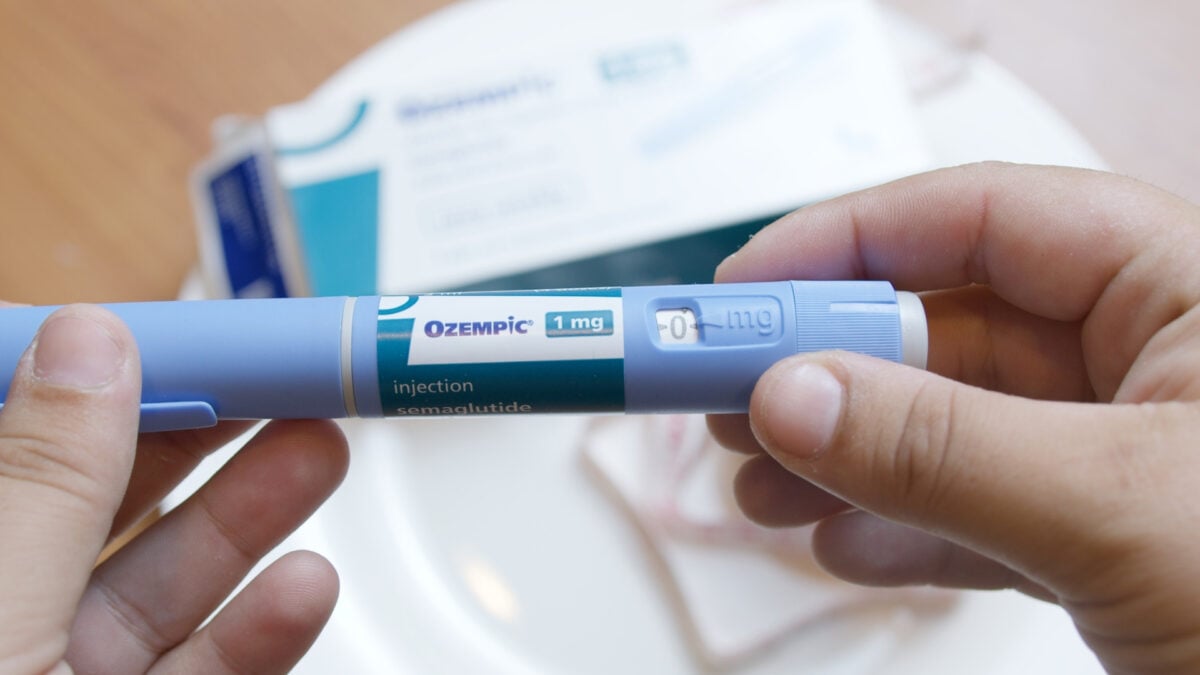Surgery continues to be the most effective option for weight loss, according to a recent study that indicates patients undergoing bariatric procedures shed considerably more pounds than those using the latest GLP-1 medications aimed at obesity.
Conducted by researchers at New York University, the study reviewed real-world data from individuals battling obesity. It found that surgical patients lost, on average, five times more weight over two years compared to those prescribed GLP-1 drugs. The results also raise questions about the real-world effectiveness of GLP-1 medications versus their performance in clinical trials, according to the researchers.
Karan Chhabra, senior study researcher and an assistant professor of surgery and population health at the NYU Grossman School of Medicine, told Gizmodo, “I think the takeaway is when you see a new popular drug come out, you have to take it with a grain of salt. And I think you have to wait a few years for the real-world data to come out, because it might temper the results you’re seeing in trials.”
Bariatric surgery, particularly sleeve gastrectomy and gastric bypass, has long been viewed as the most effective treatment for obesity, typically resulting in a 20% to 30% weight loss along with notable improvements in general health.
In contrast, newer GLP-1 drugs, such as semaglutide (found in Ozempic and Wegovy), have significantly revolutionized obesity treatment. While these medications are seen as more effective and safer than previous nonsurgical options, clinical trials show that average weight loss ranges from 10% to 20%.
Initial indications suggested GLP-1 drugs might rival or exceed the effectiveness of bariatric surgery. However, Chhabra pointed out that no thorough comparisons have been made between these two obesity treatments in real-world scenarios.
Chhabra and his team analyzed medical records from over 50,000 patients who received either bariatric surgery or GLP-1 therapy (with medications like semaglutide or tirzepatide) at NYU Langone Health or NYC Health + Hospitals between 2018 and 2024. The researchers adjusted for variables such as age, baseline BMI, and additional health conditions to ensure the groups were comparable and monitored their weight loss for two years.
By the end of the two-year period, patients who underwent surgery lost an average of 58 pounds (approximately 24% of their total body weight), whereas those on GLP-1 drugs lost just 12 pounds (around 4.7% of their body weight)—a fivefold disparity. Results improved slightly for those who adhered to their medication regimen for a full year, with average weight loss increasing to 7% for general GLP-1 patients and 8%-9% for those using tirzepatide. Yet, these figures still fell short of surgical outcomes and previous clinical trial data.
The findings were presented at the annual meeting of the American Society for Metabolic and Bariatric Surgery (ASMBS).
Chhabra speculated that multiple factors contribute to the lower success rates of GLP-1 medications in the real-world context. For example, up to 70% of patients stop taking these drugs within the first year, often due to side effects such as gastrointestinal issues or the high cost of treatment—often exceeding $1,000 a month without insurance. Many also do not reach the maximum prescribed dose.
He also indicated that real-world patients may not receive the same supportive care and follow-up typical in clinical trial environments. The rise of telemedicine has enabled many to obtain prescriptions remotely, sometimes without a personal connection to healthcare professionals.
Chhabra clarified that the research does not imply that individuals with obesity should avoid GLP-1 drugs altogether, nor does it suggest that bariatric surgery is the best choice for everyone. Some patients may prefer a one-time treatment option or may face barriers related to insurance coverage for ongoing GLP-1 therapy. Others might be apprehensive about undergoing surgery due to existing health conditions.
Ultimately, patients must weigh the benefits and drawbacks of both treatment paths, and those considering GLP-1s should maintain realistic expectations. “They have to know that, at least as of now in the real world, their weight loss is not going to be what we’re seeing with surgery and they also have to know that it’s a lifelong treatment,” Chhabra stated. He emphasized the importance of understanding these realities as many might start medications without fully grasping their implications.
Looking forward, the research team plans to delve deeper into the data to uncover reasons behind the unexpected weight loss outcomes among GLP-1 therapy users in real-world settings.

